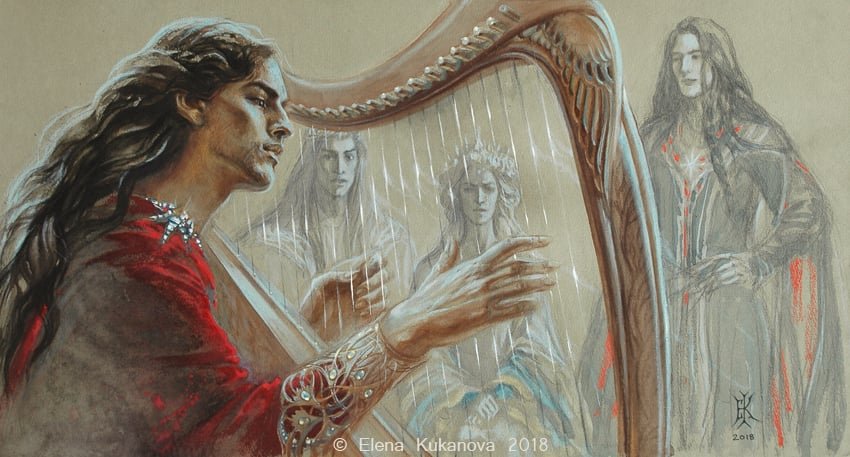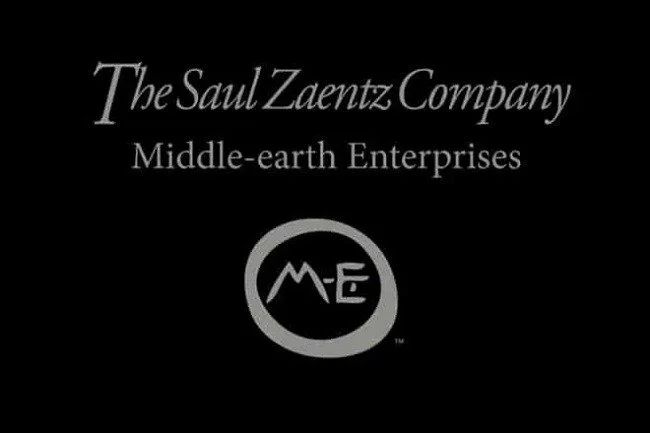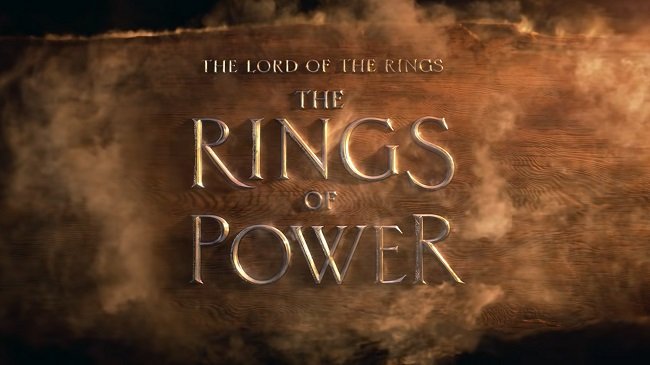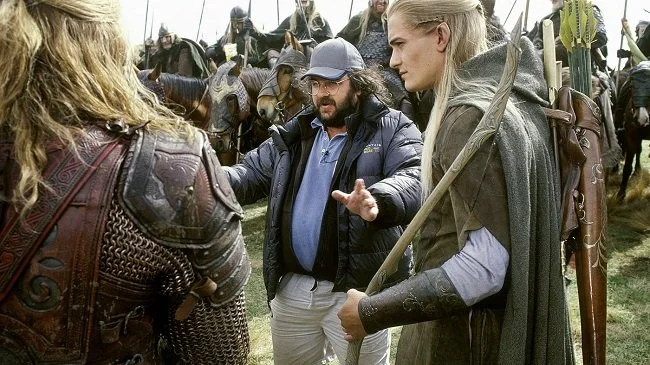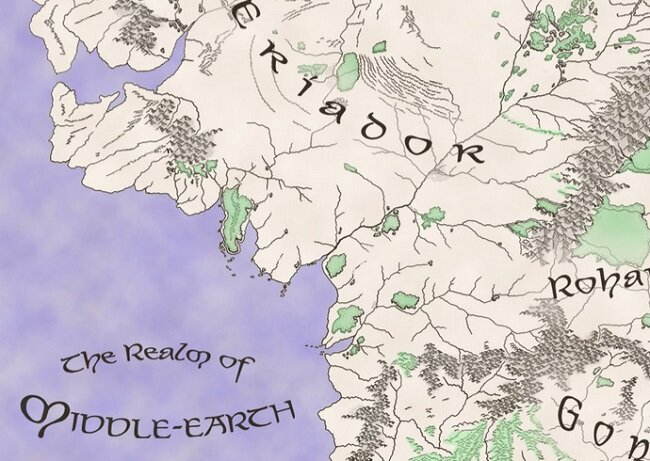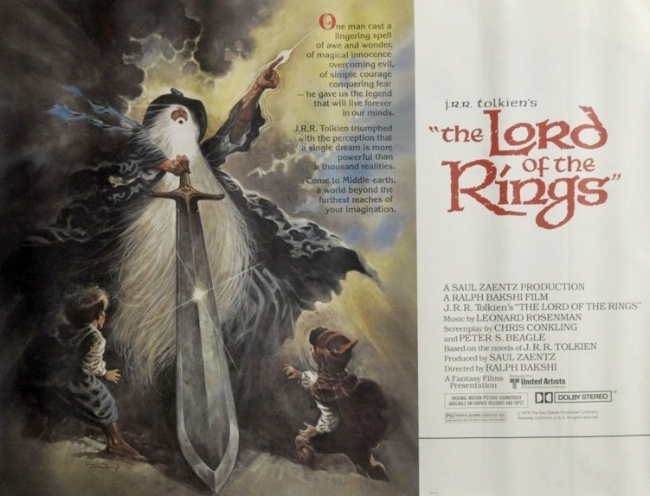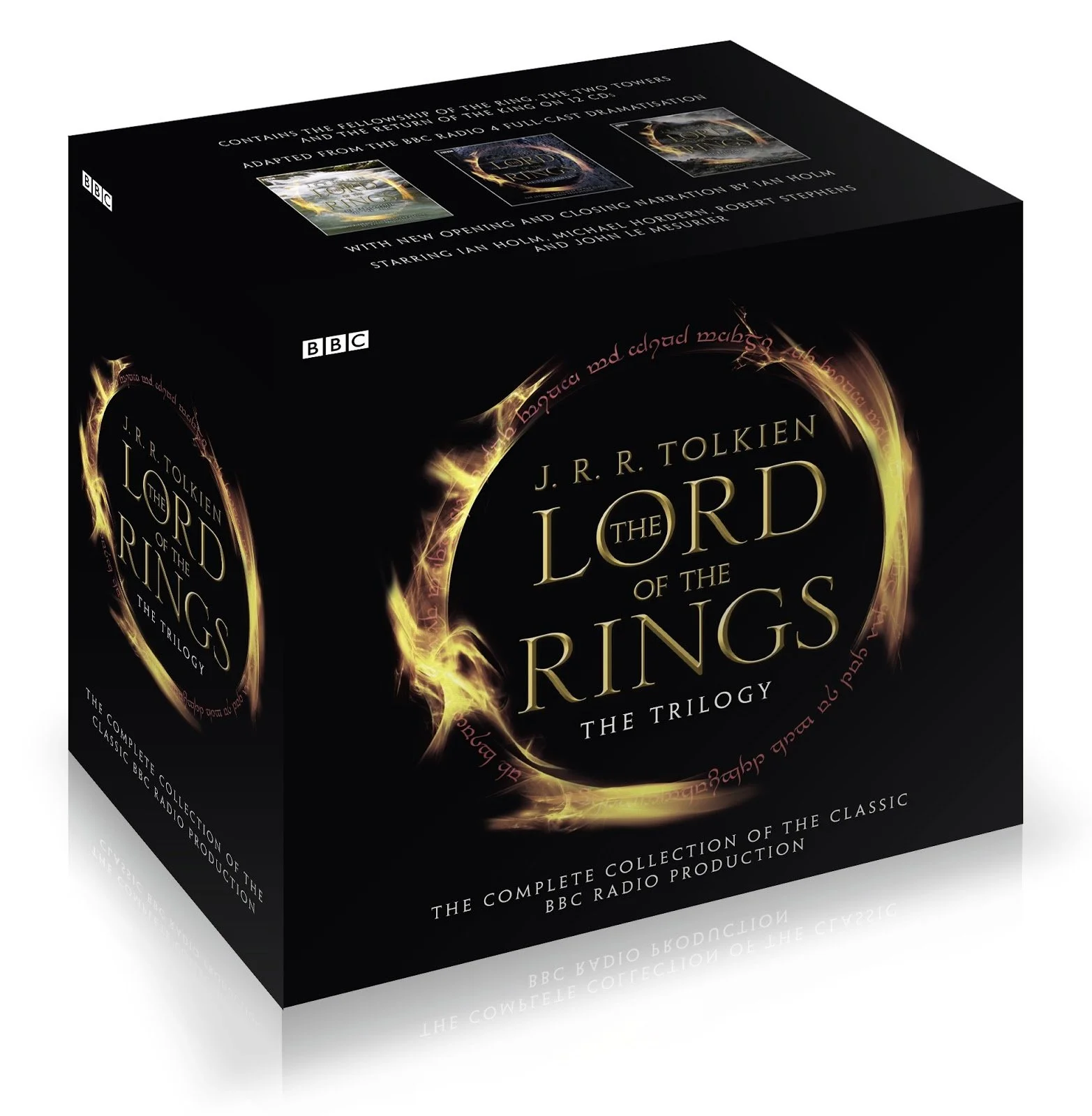Analysing Tolkien
The scope and detail of JRR Tolkien’s body of work lends itself to a great deal of scrutiny and analysis. This ranges from the scholarly from such people as Professor Cory Olsen (AKA The Tolkien Professor) who established the Mythgard Institute in 2011, to enthusiasts on the internet exchanging ideas and sharing their thoughts. A simple Google search will offer a wealth of essays and dissertations that dissect and ponder all aspects of Tolkien’s writing. Often these focus upon religious analogies, parallels with existing mythologies and how Tolkien’s experiences in World War I shaped his world view. Then there is the exploration of the lore itself and how various characters and events within Middle-earth are interlinked and of a wider significance. The intricacy of both The Lord of the Rings and The Silmarillion provide fans with an immense amount of history and heritage to ponder. Questions such as “who is Tom Bombadil” and “why didn’t the fellowship just fly to Mordor” remain popular talking points.
Last week, popular “edutainment” You Tube channel, Extra Credits, started their third season of Extra Sci-Fi, which explores key writers that have shaped the fantasy and science fiction genre. This time round they are focusing on both Frank Herbert and JRR Tolkien. For those who aren’t familiar with Extra Credits, the show initially started analysing and debating the artistic and technical merits of the video game industry, via short animated videos. They have now branched out to explore such subjects as mythology and history in a similar idiom. The videos are informative and designed to encourage discourse among viewers. The channel often determines what it will be discussing via subscriber votes and consultation. It would seem that there was a lot of support for the new season of Extra Sci-Fi when they announced they would be focusing on the works of both Tolkien and Herbert.
The first episode raises the question as to why the worlds created by Tolkien and Herbert are so demonstrably superior and credible than those of subsequent writers who have sought to copy their success. It is suggested that it is the detailed naming conventions and the history that they invoke that is key to maintaining a sense of credibility and verisimilitude in the respective narratives. However, all points are presented in a manner that fosters debate, rather than definitively stating that this is the sole interpretation. Why not watch the episode yourself and see what you think? I certainly think in the weeks to come there will be some interesting analysis and points of interest, as the Extra Credits writing team seem rigorous in their research and thoughtful in their deliberations. Certainly, their take on the works of JRR Tolkien will be a welcome addition to the ongoing discourse. For those new to such studies, this can also offer a good starting point.


